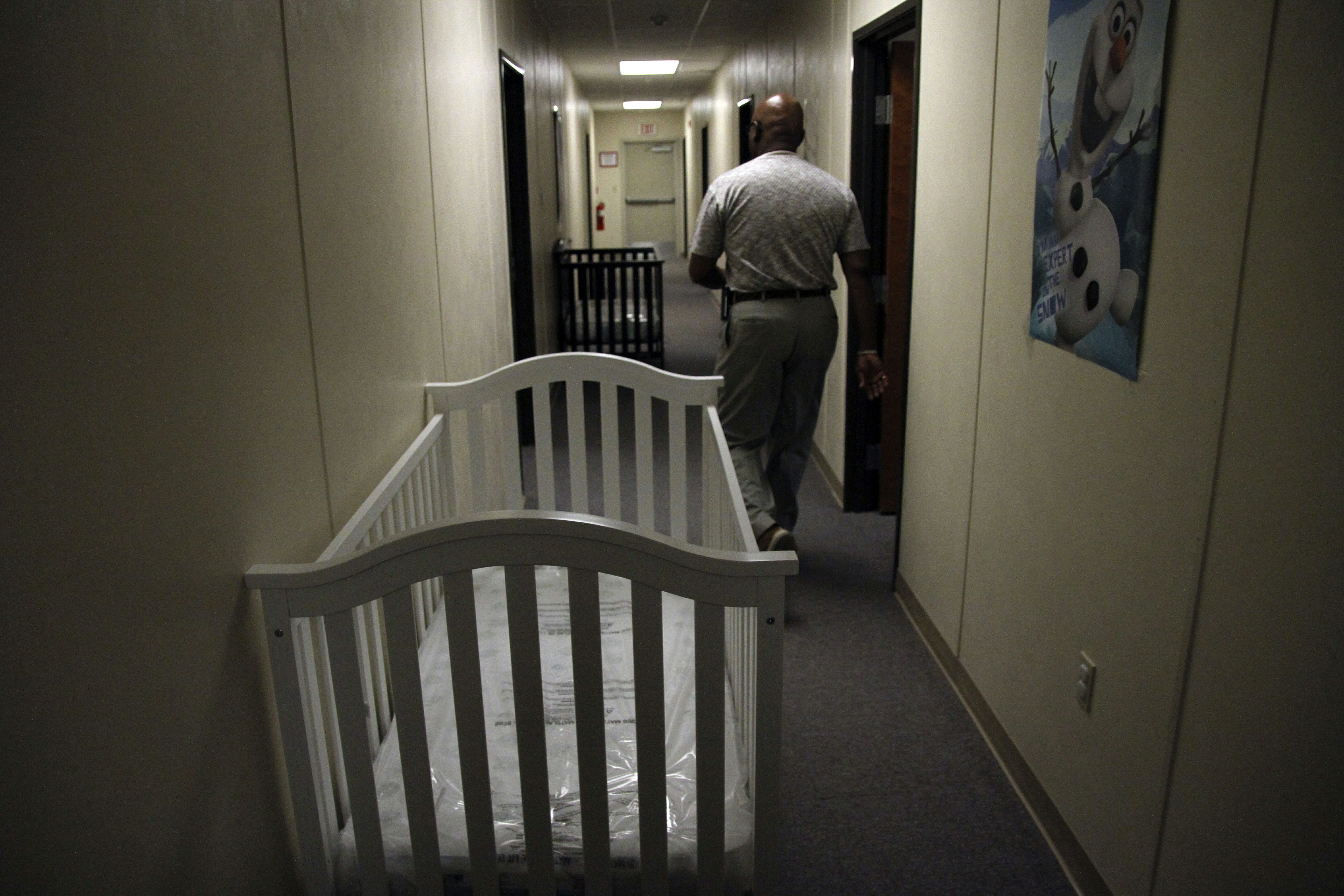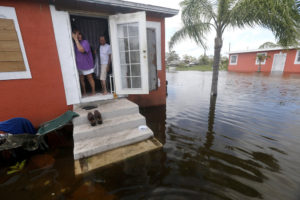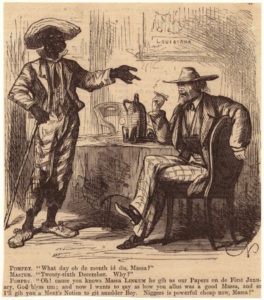Trump’s Cruel Plan to Rip Kids Away From Parents
The president continues to use racist, anti-immigrant language as his government imposes harshly punitive practices on undocumented immigrants, tearing apart families in the name of caring for migrant children. An immigrant detention center in Artesia, N.M., that once was a law enforcement training center. (Juan Carlos Llorca / AP)
An immigrant detention center in Artesia, N.M., that once was a law enforcement training center. (Juan Carlos Llorca / AP)
President Trump revealed exactly what he thinks of undocumented immigrants Wednesday when, during a conversation about the MS-13 gang, he said, “You wouldn’t believe how bad these people are. These aren’t people, these are animals, and we’re taking them out of the country at a level and at a rate that’s never happened before.” Although Trump later said he was specifically referring to gang members, given that his administration has routinely dehumanized immigrants through inhumane policies—such as separating children from parents—his statement should have come as no surprise.
Earlier this month, U.S. Attorney General Jeff Sessions formalized the government’s policy of separating immigrant parents from their children at the nation’s border. During his visit to the dividing line between Arizona and California, he said, “If you’re smuggling a child, then we’re going to prosecute you, and that child will be separated from you.” Crucially, he added, “If you don’t want your child separated, then don’t bring them across the border illegally.”
In referring to “your child,” Sessions indicated that he knows full well that undocumented immigrants are not human traffickers but are in fact traveling with their own children to find a better life in the U.S. He made it clear that the government will consider them criminals and will literally take their children away if they travel together as a family. In other words, the Trump administration has officially adopted a policy of family separation at the border but has attempted to couch it in the language of saving kids from human traffickers. Who is potentially harming the child in such a scenario: the immigrant or the government?
To be sure, there are smugglers hired by parents to bring children to the U.S. for a better life. But as Sessions made clear, the government will not distinguish between smugglers and parents, as the case of Perla Morales-Luna recently showed. The mother of three was arrested in March by Border Patrol in front of her three daughters and accused of being a “human smuggling facilitator,” even though the children were her own, and she had been living in the U.S. since she was a teen.
The government is showing the thinnest veneer of concern for the well-being of migrant children. Since the beginning of the president’s tenure, the Trump administration has made it clear that it would consider family separation as a means of deterrence. In March 2017, Department of Homeland Security (DHS) spokesman David Lapan said that his agency “continually explores options that may discourage those from even beginning the journey.” In an interview soon after, then-head of DHS John Kelly (currently the White House chief of staff) told CNN’s Wolf Blitzer, “I would do almost anything to deter the people from Central America.” When Blitzer pressed Kelly on whether family separation would be a policy, he answered, “Yes, I’m considering [that], in order to deter more movement along this terribly dangerous network. I am considering exactly that. They will be well cared for as we deal with their parents.”
What better leverage to use against parents than to take their child away? Indeed, even before Sessions’ formal announcement May 7, hundreds of people had already experienced the pain of losing their children. The New York Times reported that “more than 700 children have been taken from adults claiming to be their parents since October, including more than 100 children under the age of 4,” a number confirmed by federal officials.
It is not clear what the government is doing with children taken from parents. In a recent interview with NPR, Kelly agreed that family separation “could be a tough deterrent—would be a tough deterrent. A much faster turnaround on asylum seekers.” He flippantly added, “The children will be taken care of—put into foster care or whatever.”
Or whatever?
Our government has a dismal record of ensuring the safety of migrant children. In 2016, an Associated Press investigation uncovered stories about undocumented children who were placed in foster care and then abused and starved. Earlier this year, the government was found to have lost track of nearly 1,500 children placed in the care of adult sponsors. The Trump administration is now considering housing migrant children in military bases, as the Obama administration once did for emergency housing of children immigrating to the U.S. illegally without parents or relatives.
Meanwhile, Trump’s latest reference to immigrants as not people but animals will only fuel more everyday racism. Right-wing extremist shock jock Ann Coulter pointed to a report about the recent Israeli massacre of Palestinians at the Gaza border, tweeting, “Can we do that?” A viral video recently captured a racist white lawyer in Manhattan angry over two people speaking Spanish to one another at a restaurant and threatening to call U.S. Immigration and Customs Enforcement (ICE) on them. A Republican candidate for governor in Georgia is touring the nation on a “deportation bus” painted with racist slogans and a promise to “fill this bus with illegals, to send them back to where they came from.”
Despite the racist rhetoric and the focus on harshly punitive anti-immigrant policies, under Trump there has been an overall drop in arrests and deportations compared with the Obama years. Far fewer people are entering the U.S. since Trump took office—perhaps they are fearful of what awaits them in Trump’s America—and so border interactions with federal law enforcement have fallen. But arrests and deportations of those already living in the U.S. have risen. A 2017 ICE report buried an acknowledgement of this near the end of the document, saying, “The 17 percent decrease in border removals shows the deterrent effect of strong interior enforcement, while the increase in interior removals restores the integrity of our nation’s immigration system.”
One might expect Trump and his supporters to celebrate the apparent success of family separation and harsher enforcement. But if they do, the case for a border wall and more appropriations for Border Patrol and ICE would be weaker. The anti-immigrant rhetoric couched in racist stereotypes of criminal and dangerous foreigners might sound hollow. Trump needs Americans to believe there is an imminent threat to our collective safety and security in order to whip up his base and retain support. It is the dying gasp of a demographic that fears irrelevance and loss of privilege and power.
Your support matters…Independent journalism is under threat and overshadowed by heavily funded mainstream media.
You can help level the playing field. Become a member.
Your tax-deductible contribution keeps us digging beneath the headlines to give you thought-provoking, investigative reporting and analysis that unearths what's really happening- without compromise.
Give today to support our courageous, independent journalists.





You need to be a supporter to comment.
There are currently no responses to this article.
Be the first to respond.